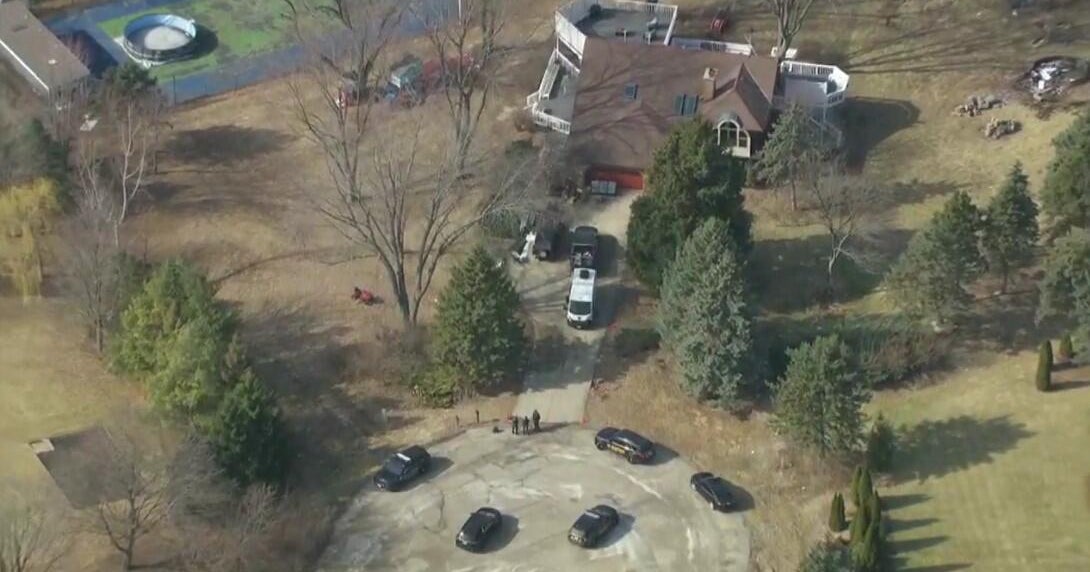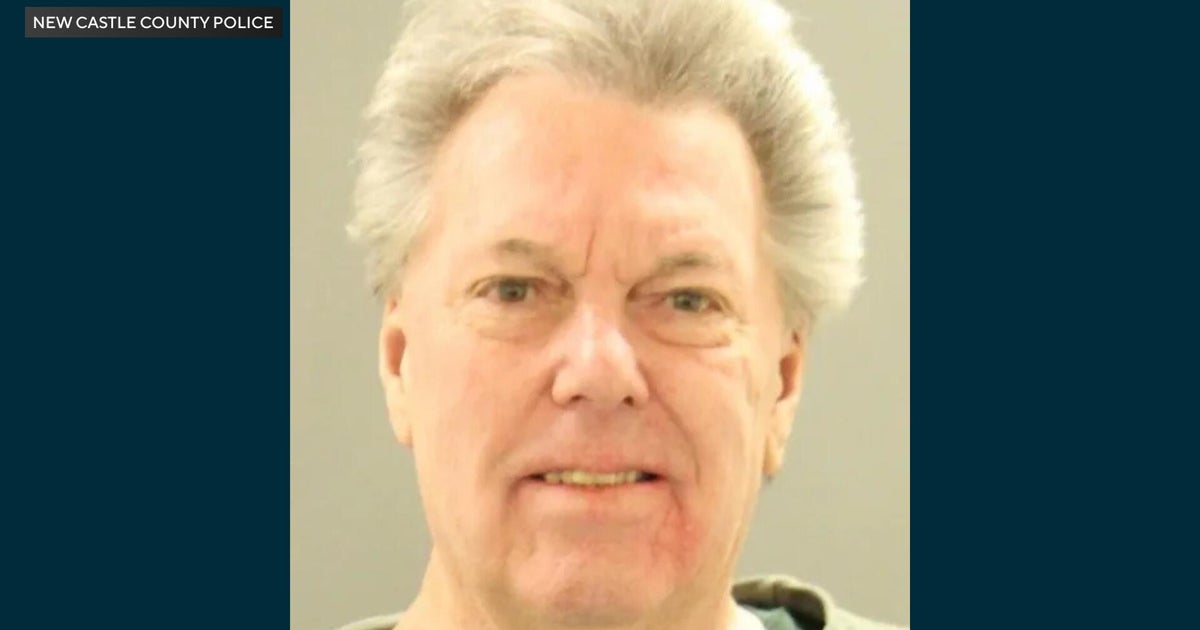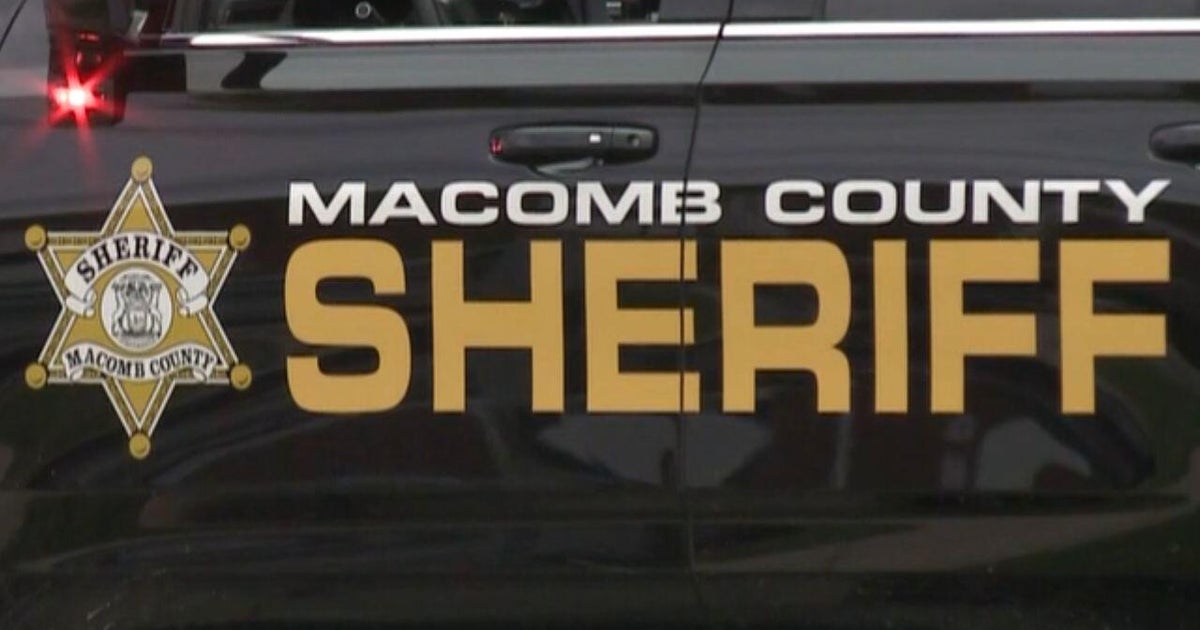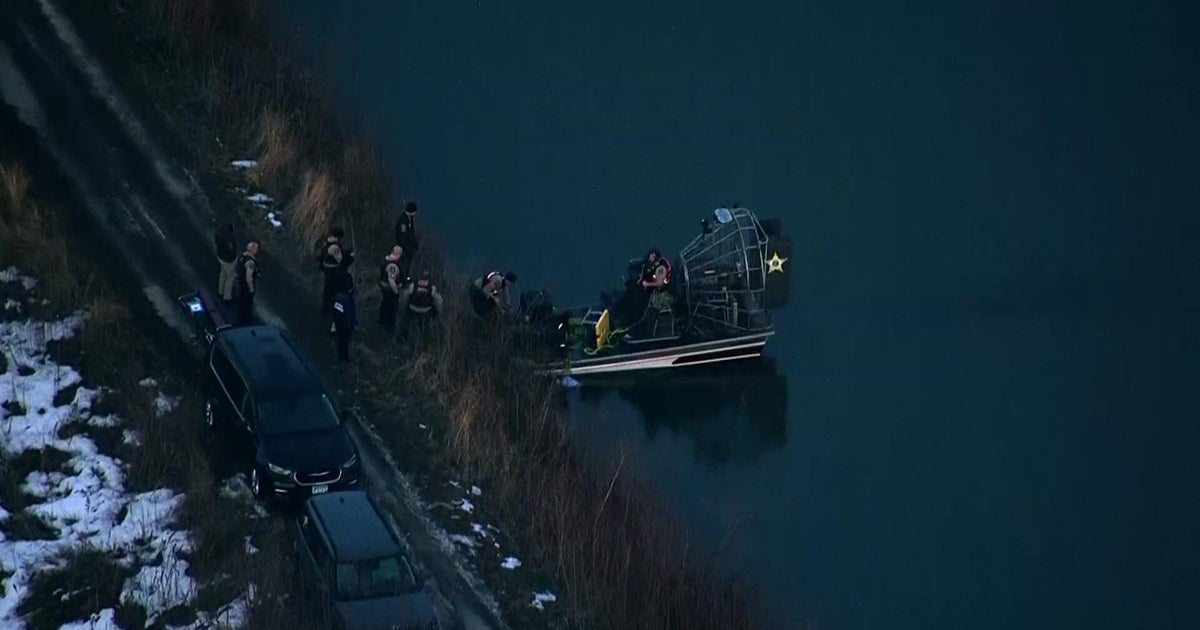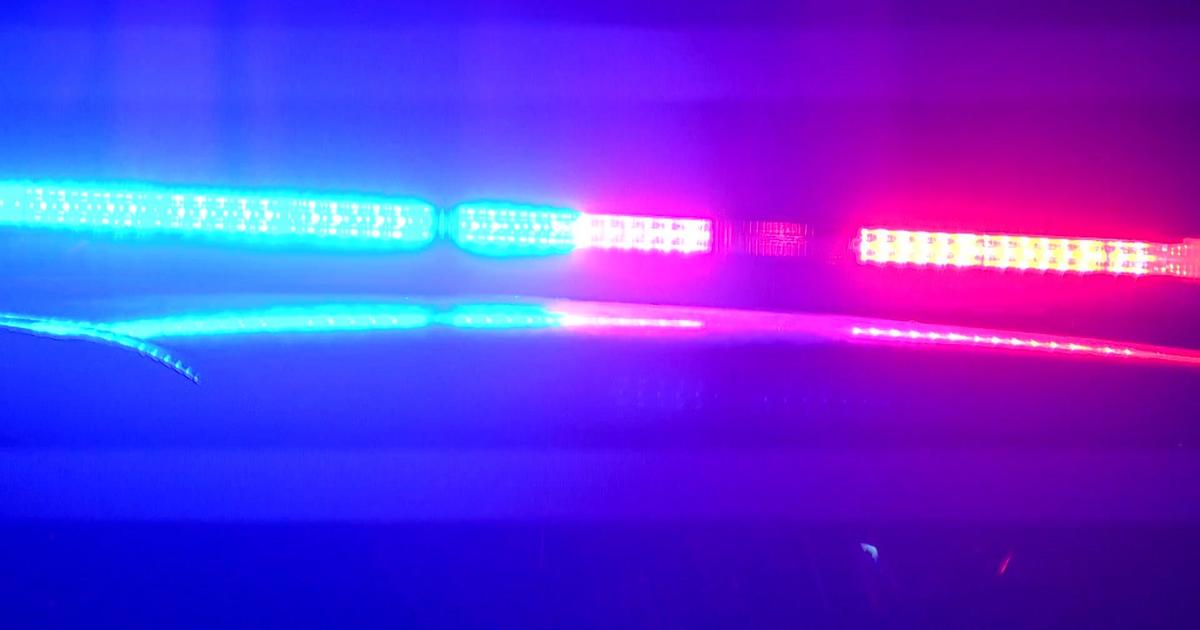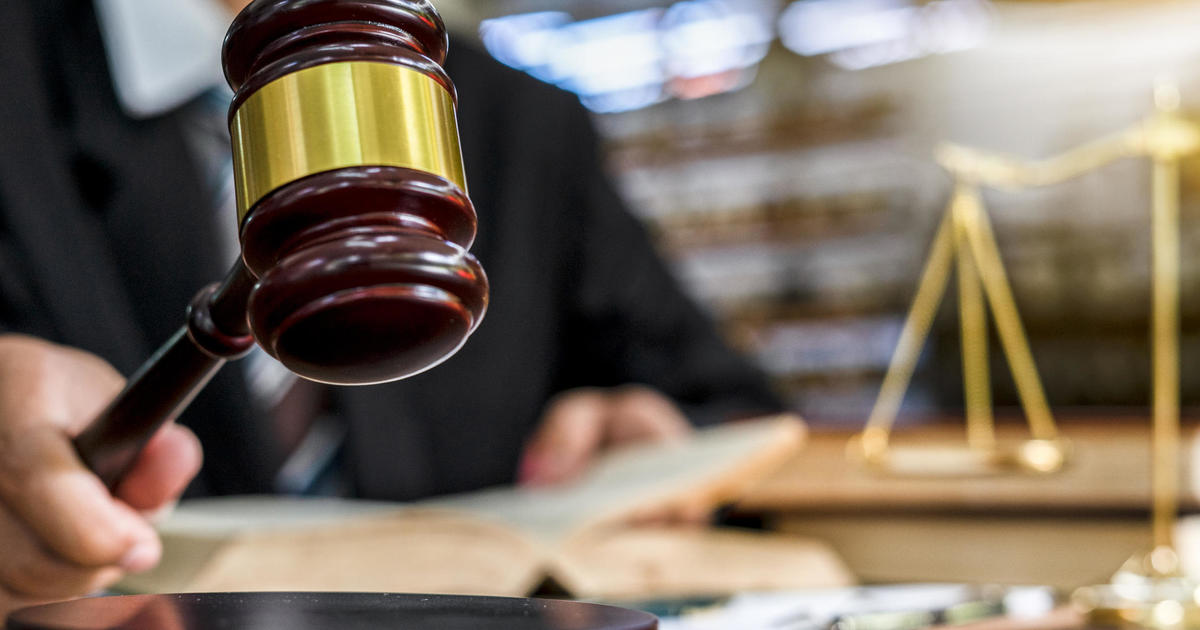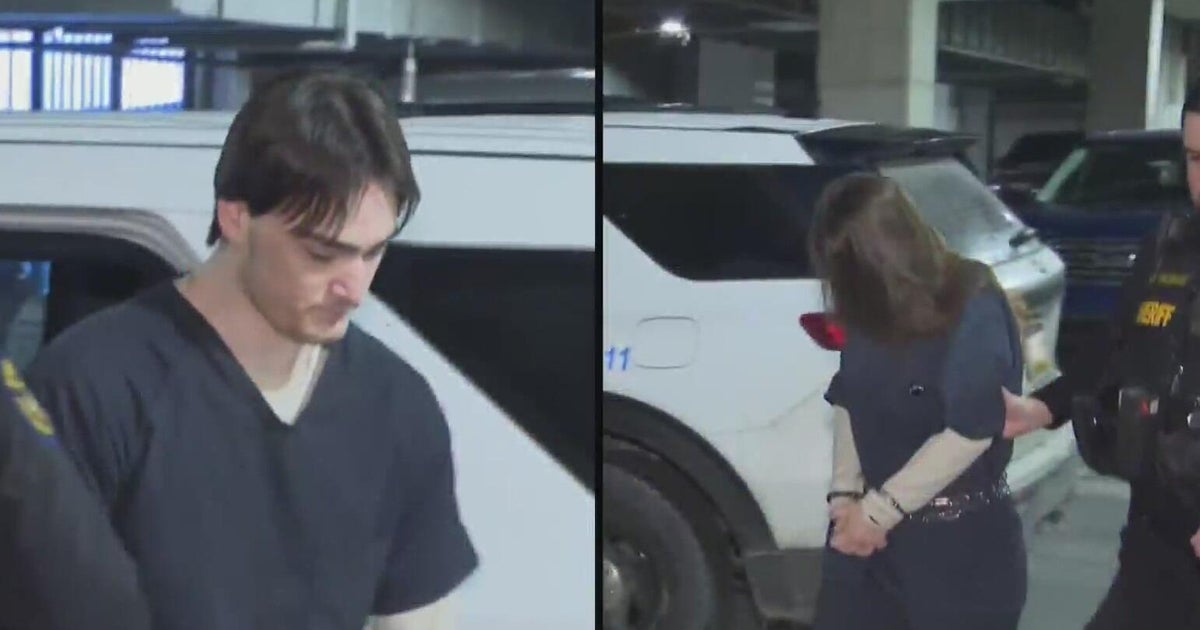County Prosecutor: No Charges In Prince's Overdose Death
Minneapolis (CBS) — After two years of investigations, prosecutors say no one will be charged in connection to the death of a Minnesota music icon.
At a news conference Thursday morning, County Prosecutor Mark Metz said charges would not be filed, saying there was not enough evidence to reasonably convict anyone in Prince's 2016 overdose death.
Nearly two years ago this week, the Minnesota music icon was found unresponsive in an elevator at his Chanhassen home, Paisley Park. The 57-year-old died of an accidental fentanyl overdose — an opioid painkiller 50 times more powerful than heroin.
In the Thursday news conference, Metz said the pills Prince took were counterfeit Vicodin pills — a legal drug that's a mix of hydrocodone and acetaminophen — that actually contained fentanyl. Metz said Prince likely took the pills without knowing they were an incredibly potent and potentially lethal drug, and that he did not have a prescription for the pills.
Metz also revealed that Prince likely took the same pills when his plane had to make an emergency landing in Moline, Illinois. First responders revived the musician with two doses of Narcan.
Metz said investigators couldn't determine where Prince got the counterfeit Vicodin, and therefore couldn't file charges in his overdose death.
A Minnesota doctor accused of illegally prescribing an opioid for Prince a week before the musician died from a fentanyl overdose is agreeing to pay $30,000 to settle a federal civil violation, according to documents that were made public Thursday. The settlement between the U.S. Attorney's Office and Dr. Michael Todd Schulenberg comes as state prosecutors prepared to announce whether they were going to file any criminal charges stemming from their two-year investigation into Prince's death.
The U.S. Drug Enforcement Administration says Schulenberg allegedly saw Prince at least twice before he died and wrote a prescription in the name of someone else in April 2016, violating the Controlled Substances Act.
The settlement does not name Prince or make any references to Prince's death investigation, but search warrants previously released say Schulenberg told authorities he prescribed oxycodone to Prince on April 14 and put it under the name of Prince's bodyguard and close friend, Kirk Johnson in order for Prince's privacy. Schulenberg's attorney has disputed that.
Oxycodone was not listed as a cause of Prince's death, but is part of the family of opioid painkillers driving the nation's overdose and addiction epidemic. According to the U.S. Centers for Disease Control and Prevention, nearly two million Americans abused or were addicted to prescription opioids, including oxycodone, in 2014.
(© Copyright 2018 CBS Broadcasting Inc. All Rights Reserved. The Associated Press contributed to this report.)
